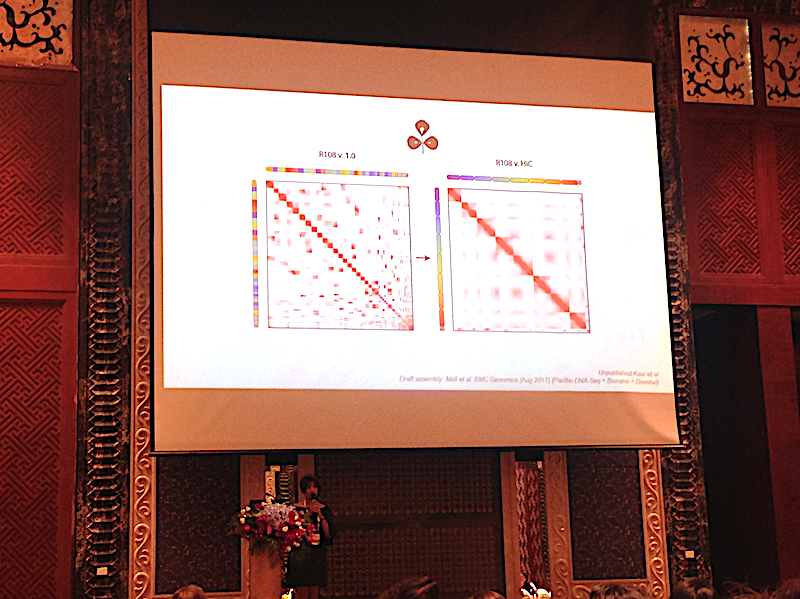
Regular readers will know GigaScience has published a lot of plant and animal genomes, and the biggest conference for this research community is the appropriately named Plant &

Regular readers will know GigaScience has published a lot of plant and animal genomes, and the biggest conference for this research community is the appropriately named Plant &

In the data driven era, not only in research but in our day-to-day lives, people are creating more and more personal digitized data that enables human-participant research in social sciences and personalized medicine. However, with numerous data streams and types this raises concerns such as how to merge and share such data, as well as ethical problems.
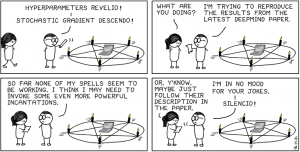
At GigaScience as our focus is on reproducibility rather than subjective impact, it can be challenging at times to judge this in our papers. Targeting the “bleeding edge” of data-driven research, more and more of our papers utilise technologies, such as Jupyter notebooks, Virtual Machines, and Containers such as Docker.
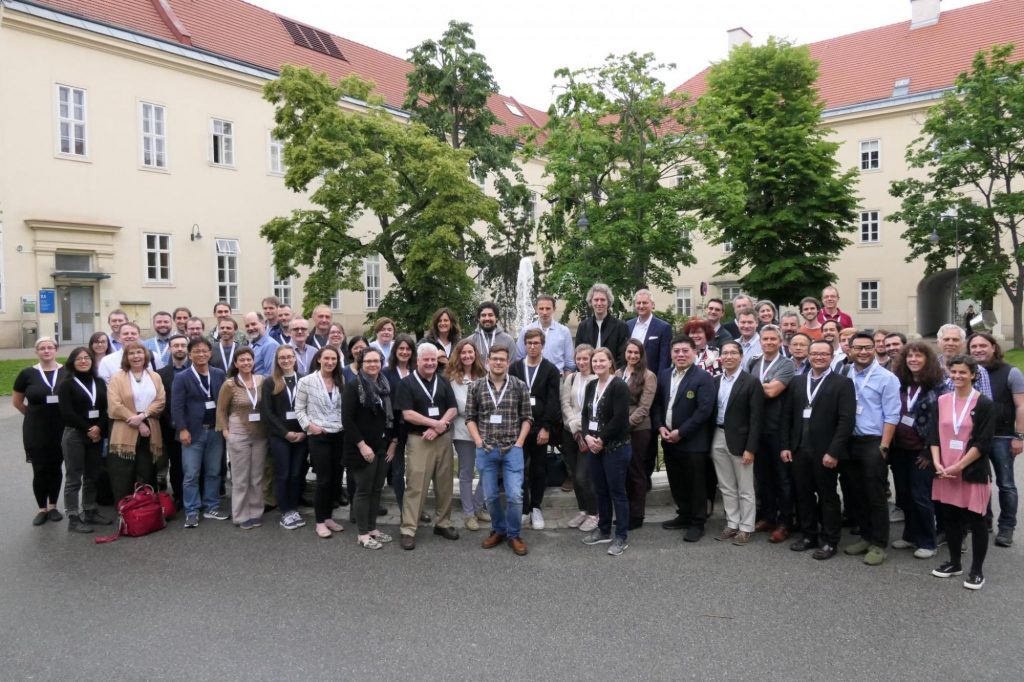
The 21st meeting of the Genomics Standards Consortium (GSC21) took place last week in Vienna at one of the oldest universities in the world – the University of Vienna – from May 20th-23rd. We’ve been long time supporters and participants of the Genomics Standards Consortium meetings going back to 2012’s GSC13 in Shenzhen, and have also published a special series of GSC “Best Practice in Genomics Research” papers.
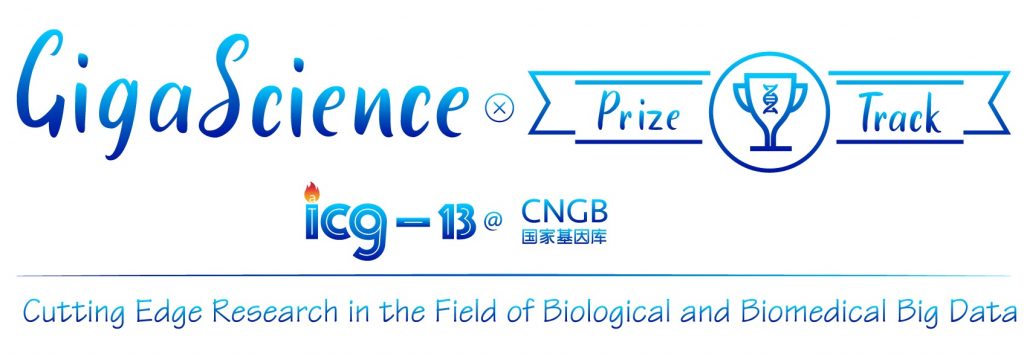
Just out in GigaScience is a new paper presenting Rice Galaxy, an open resource for plant science using the Galaxy workflow management system we are so fond of. The authors from the International Rice Research Institute in the Phillipines are winners of our 2018 ICG13 Prize, and as this is the final paper to be published we can now present a summary of the competition.
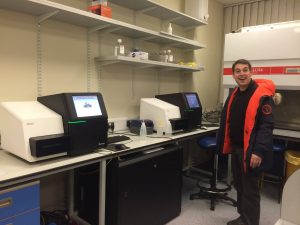
The mock metagenome, MAGs and breaking the first rule of Long Read Club Nick showing us some of his experiments with an early antecedent Short Read Club… Out today in GigaScience is a new “mock metagenome” Data Note from the Nick Loman lab in Birmingham showcasing the latest long-read sequencing technologies from Oxford Nanopore.
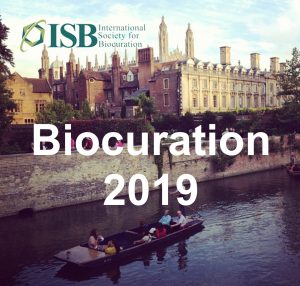
The 12th International Biocuration Conference was held in Cambridge, UK from April 7-10th 2019. As regular participants of the meeting you can read our write-ups of the meeting going back to 2012. This is a forum for biocurators and developers to discuss their work and to promote collaboration.
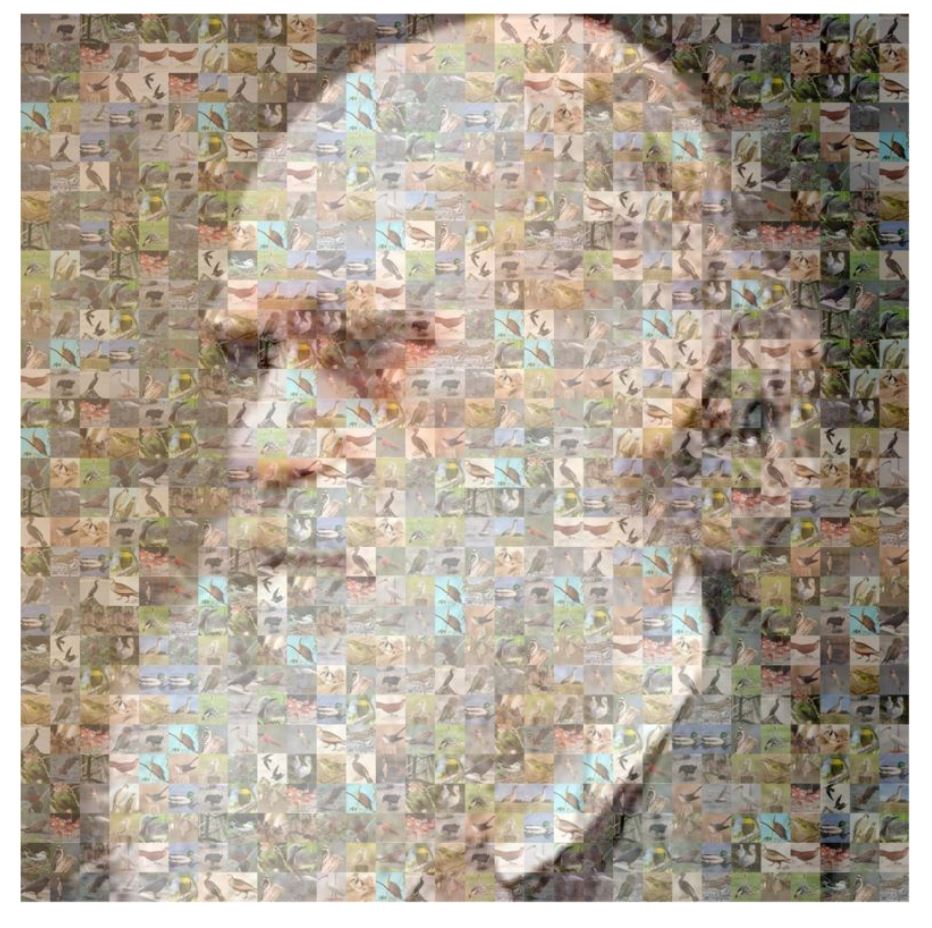
It’s DNA day, commemorating the publication of the structure of DNA in 1953, as well as the completion of the Human Genome Project in 2003. Genomics has come a long way since then. Today it is possible to sequence whole genomes with a very reasonable investment of time and money. What an amazing time for scientists who are working with non-model organisms.
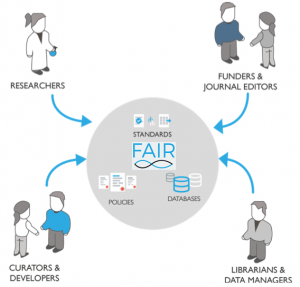
FAIRer Sharing via FAIRsharing Image from FAIRsharing.org. Our aim at GigaScience is to provide the means to open up and share research data. On top of just making these available via our (new look) GigaDB database, we’ve been involved with communities that wants to maximize the utility of these research outputs by making them FAIR: Findable, Accessible, Interoperable and Reusable.
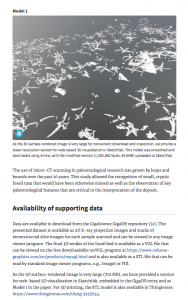
Just out in full text is a our first paper showcasing our latest complete integration with the Sketchfab 3D viewer. In this a 3D fossil seabed from the lower Devonian geologic period has been digitally reconstructed using micro X-ray computed tomography (microCT) imaging.
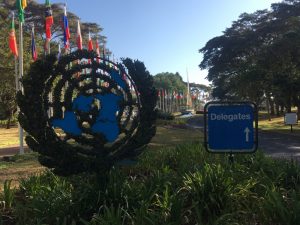
Citizen Science at UNEA4 As GigaScience has the aim of opening and democratising science as far as it can go, we even work towards the involvement of non-professional “citizen scientists” in the scientific process.